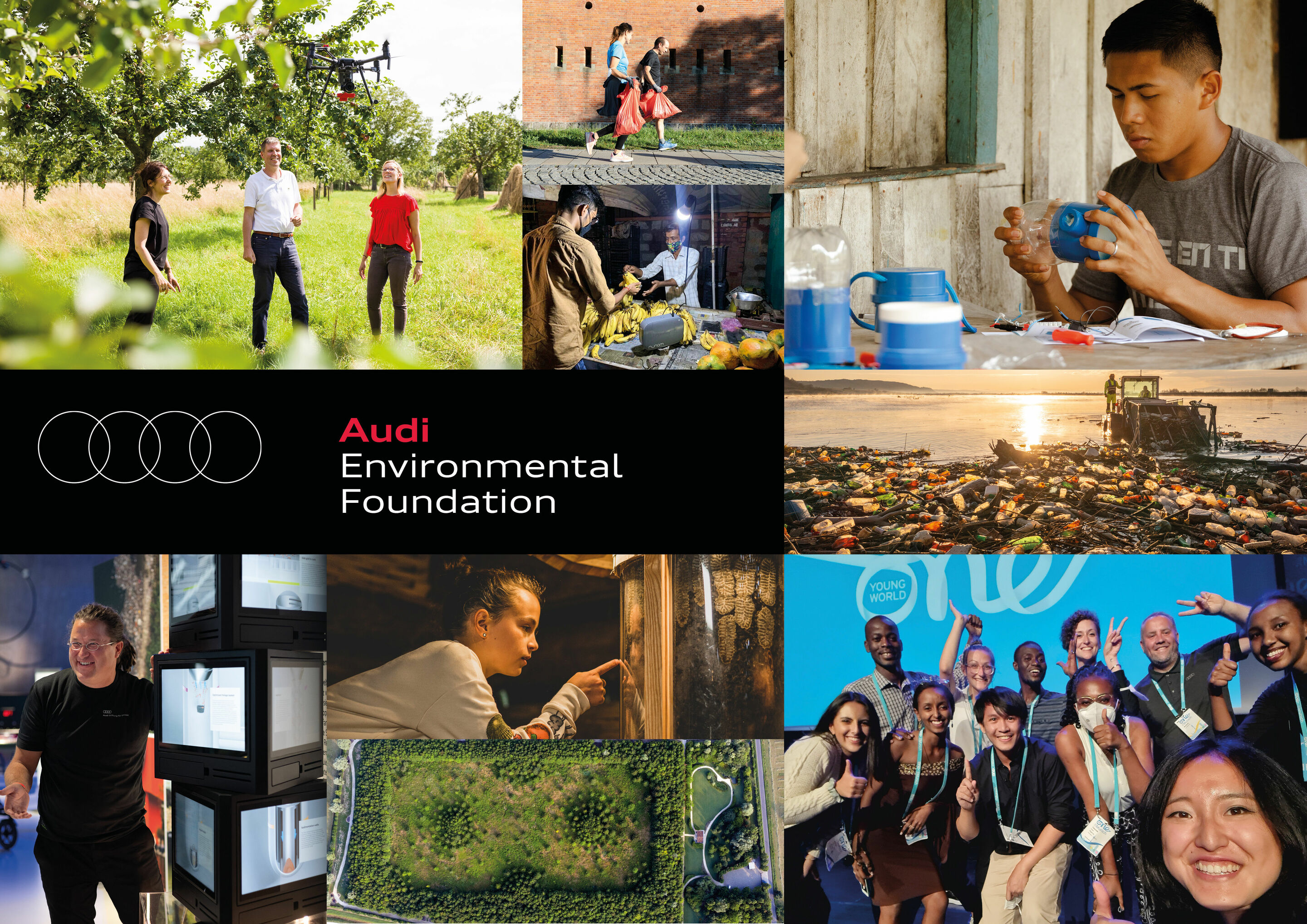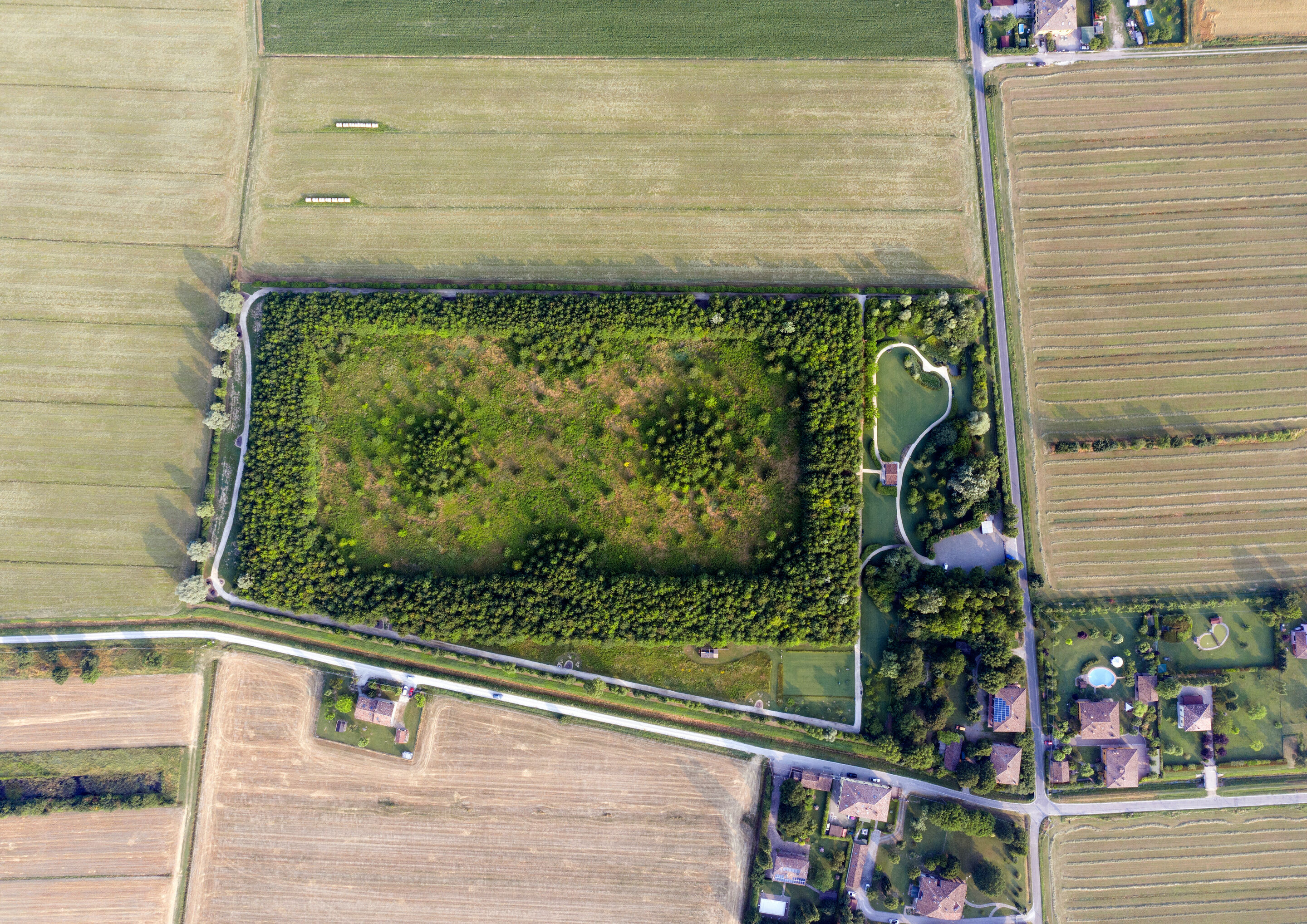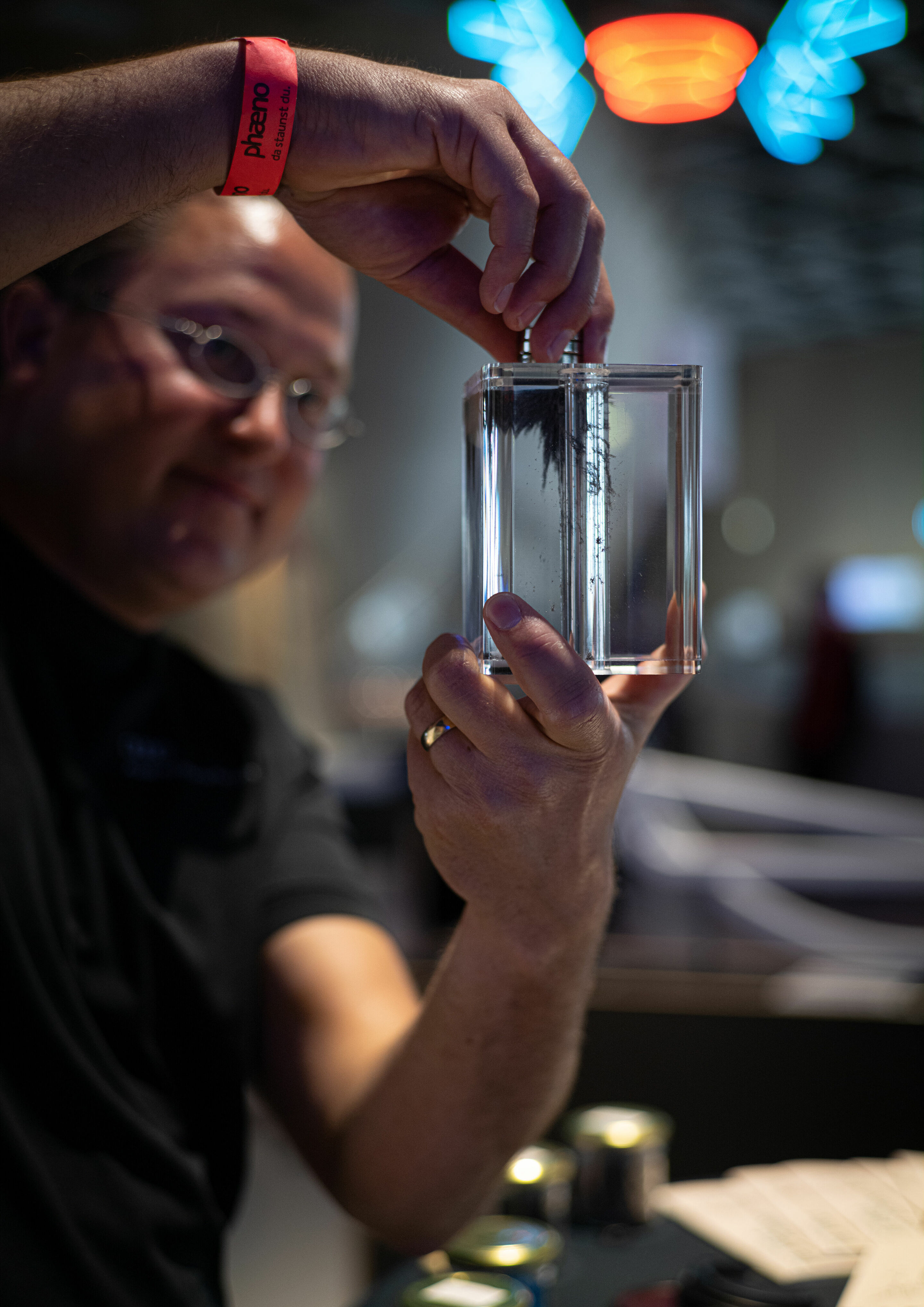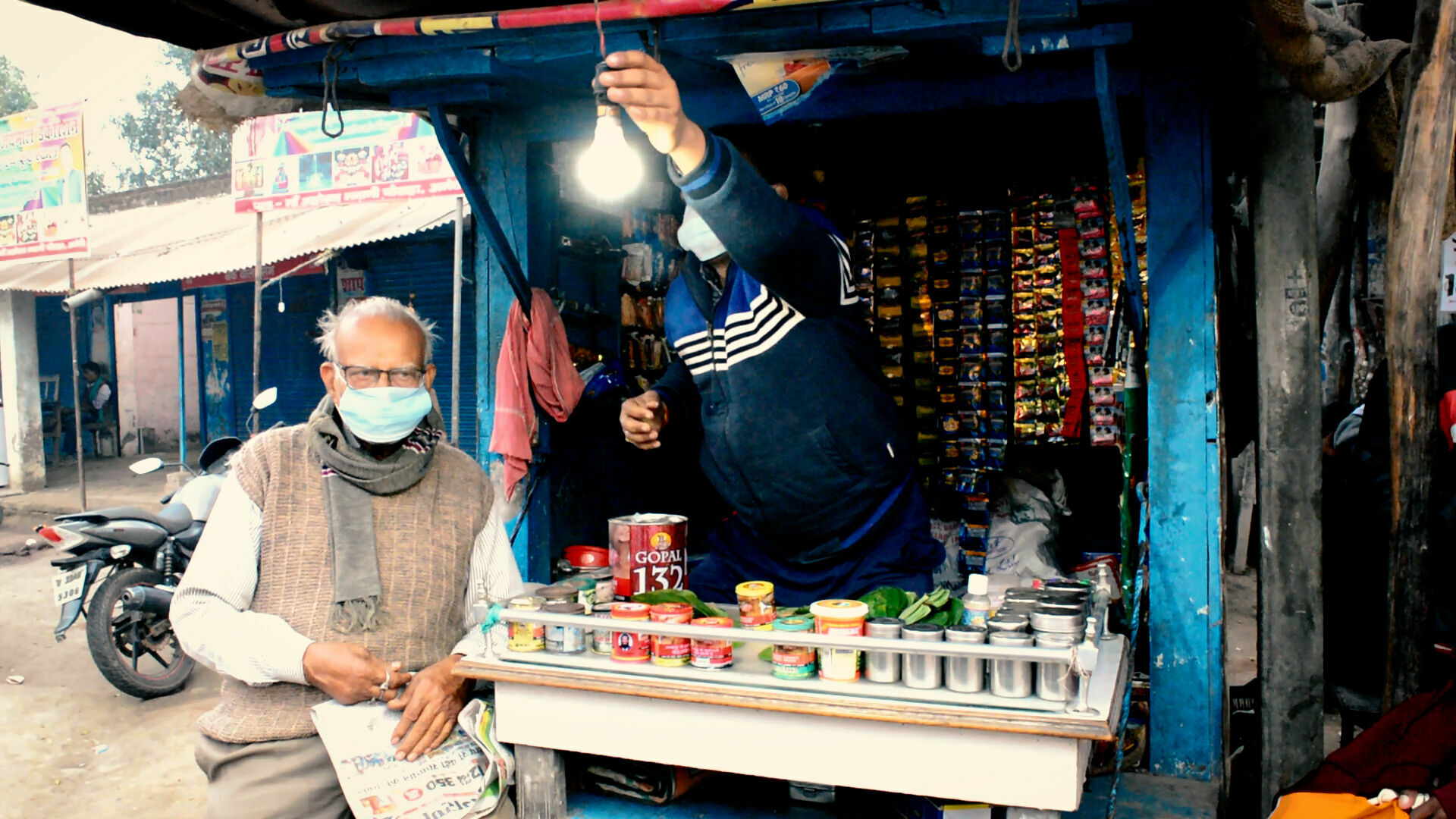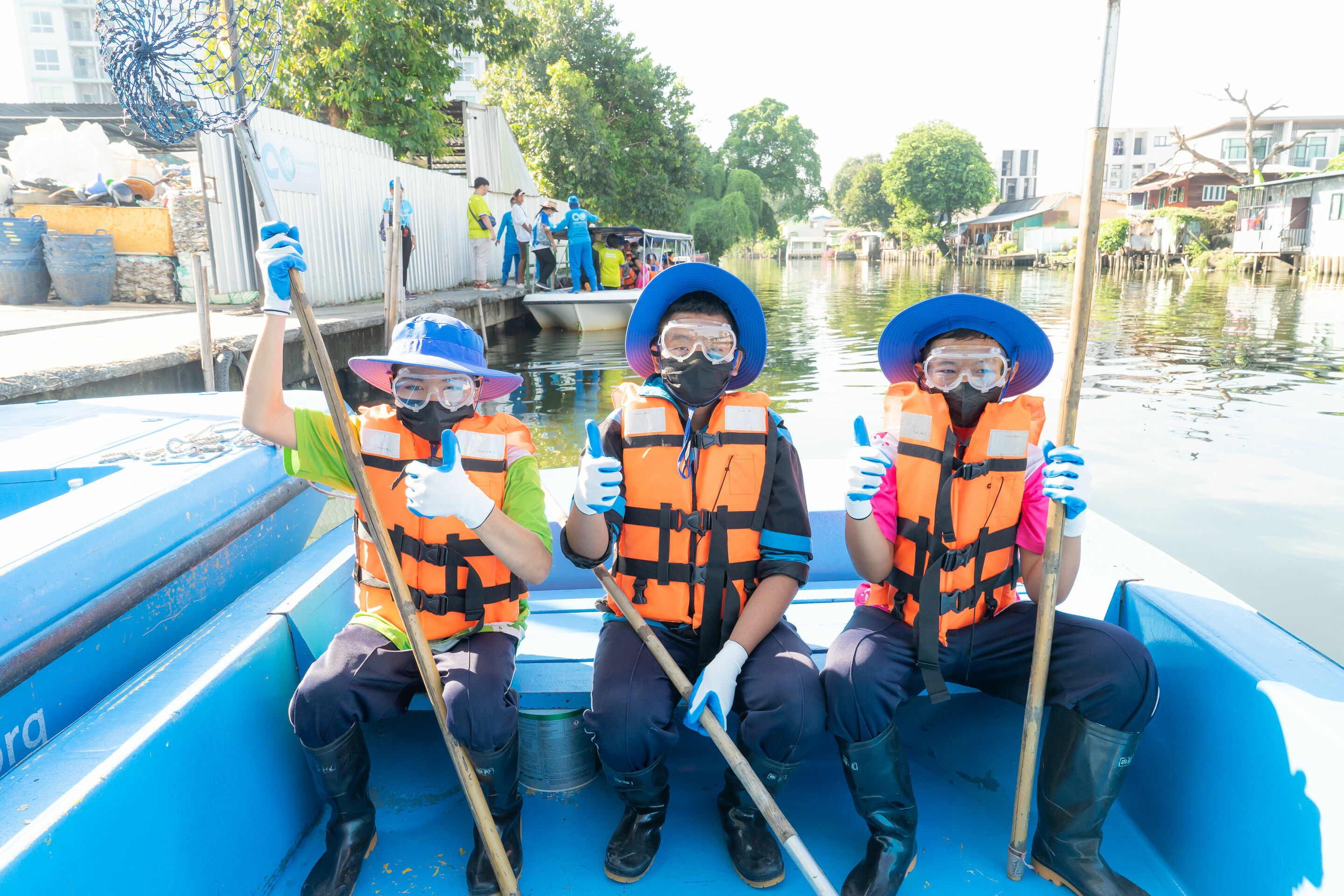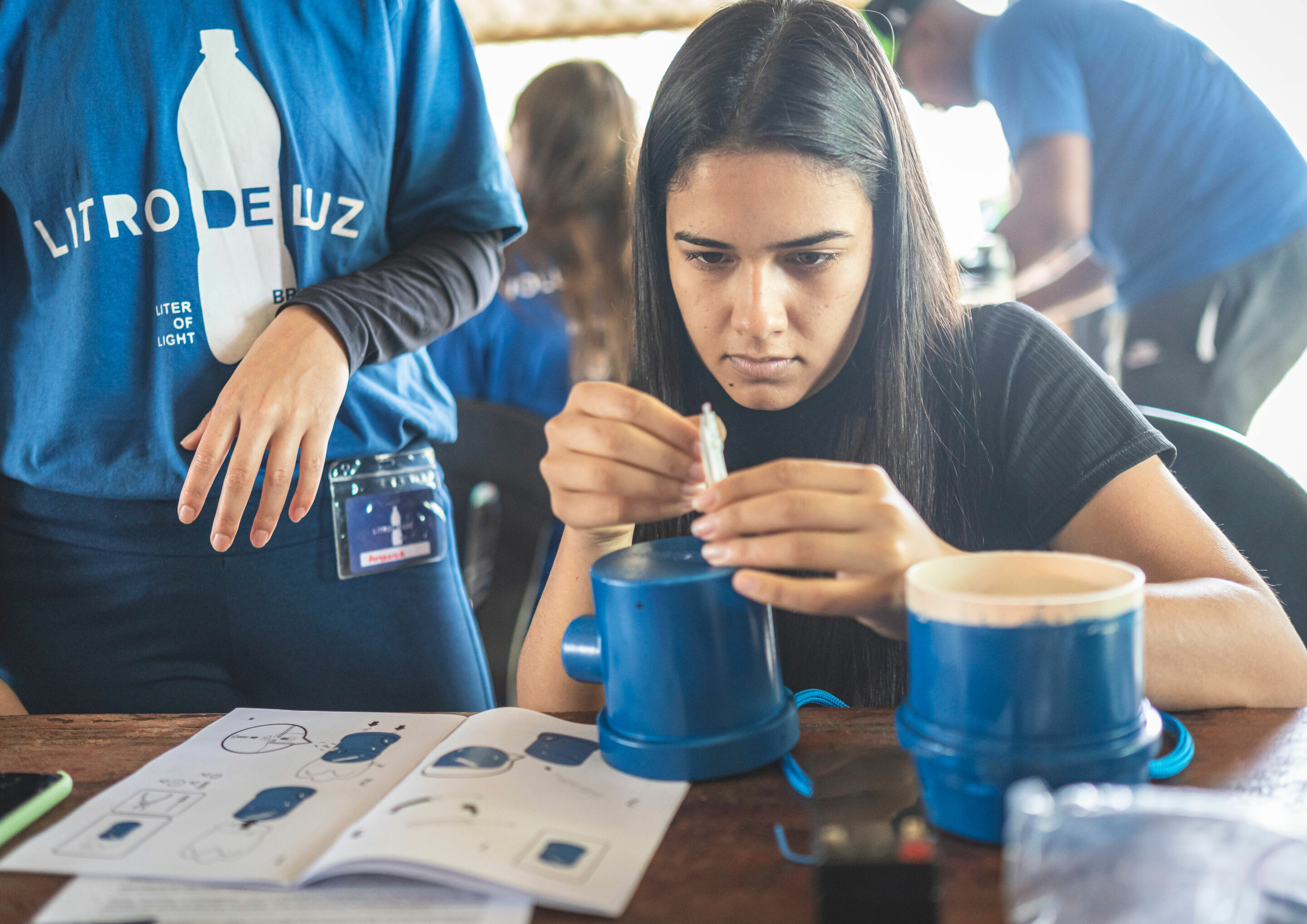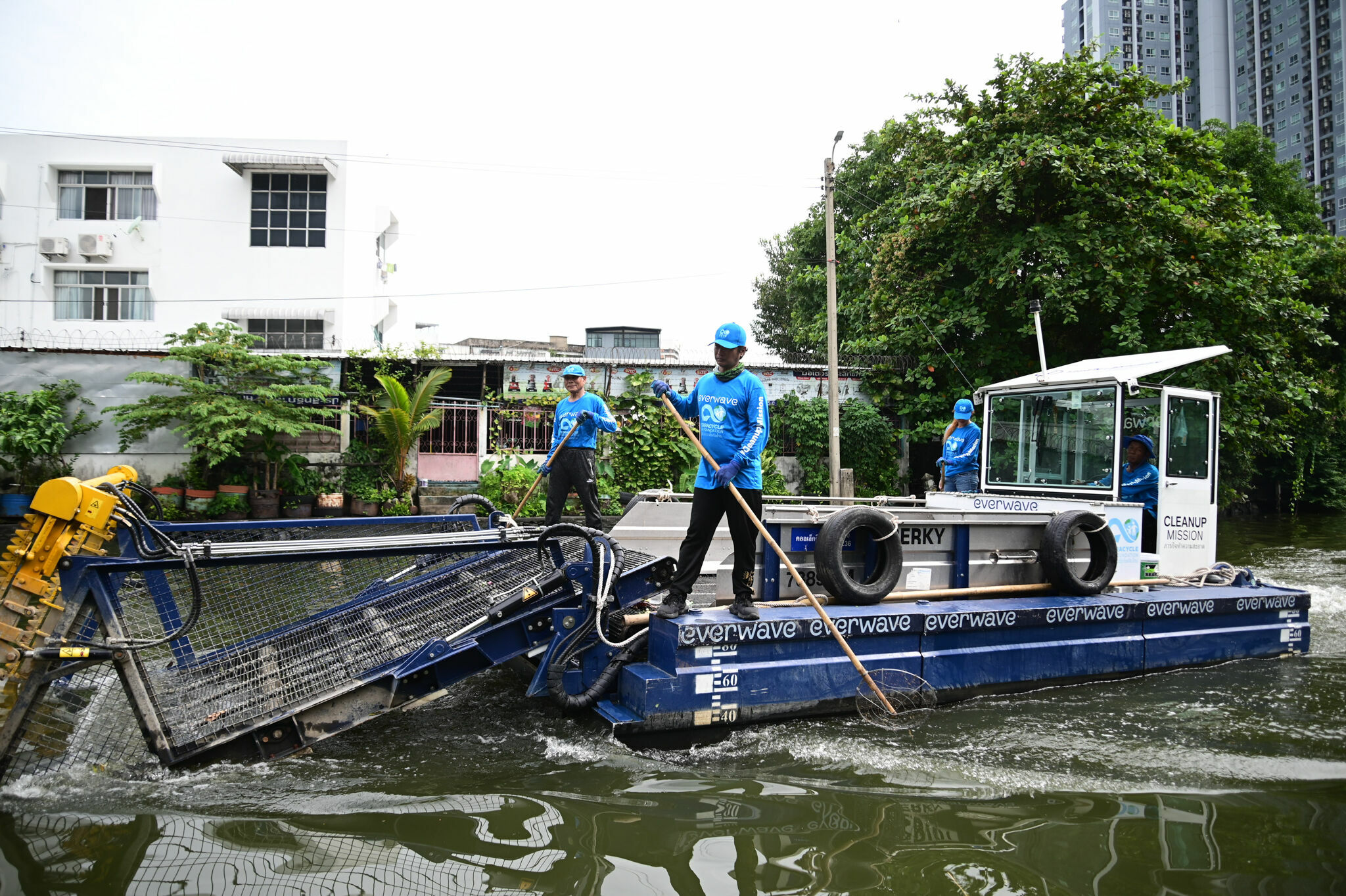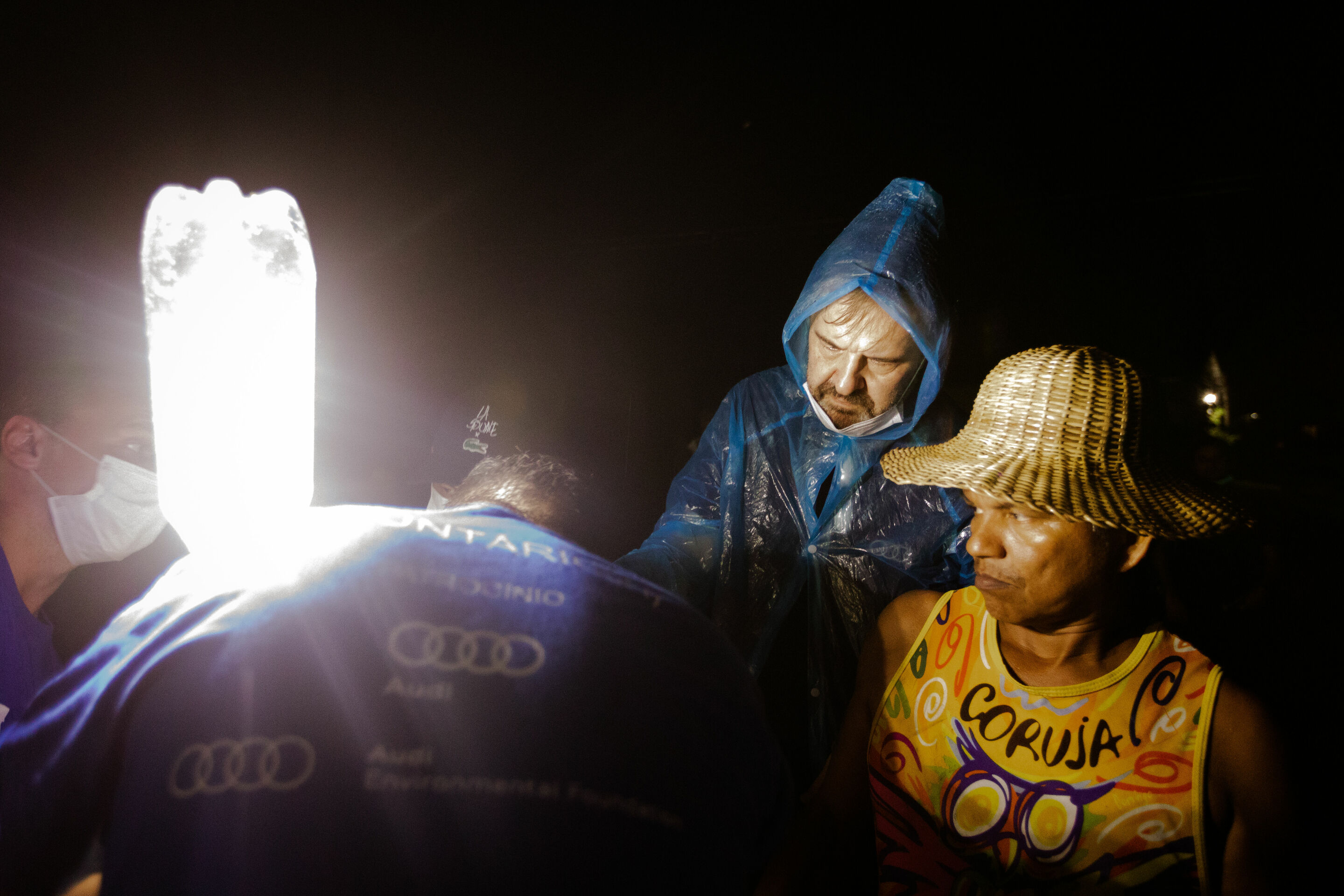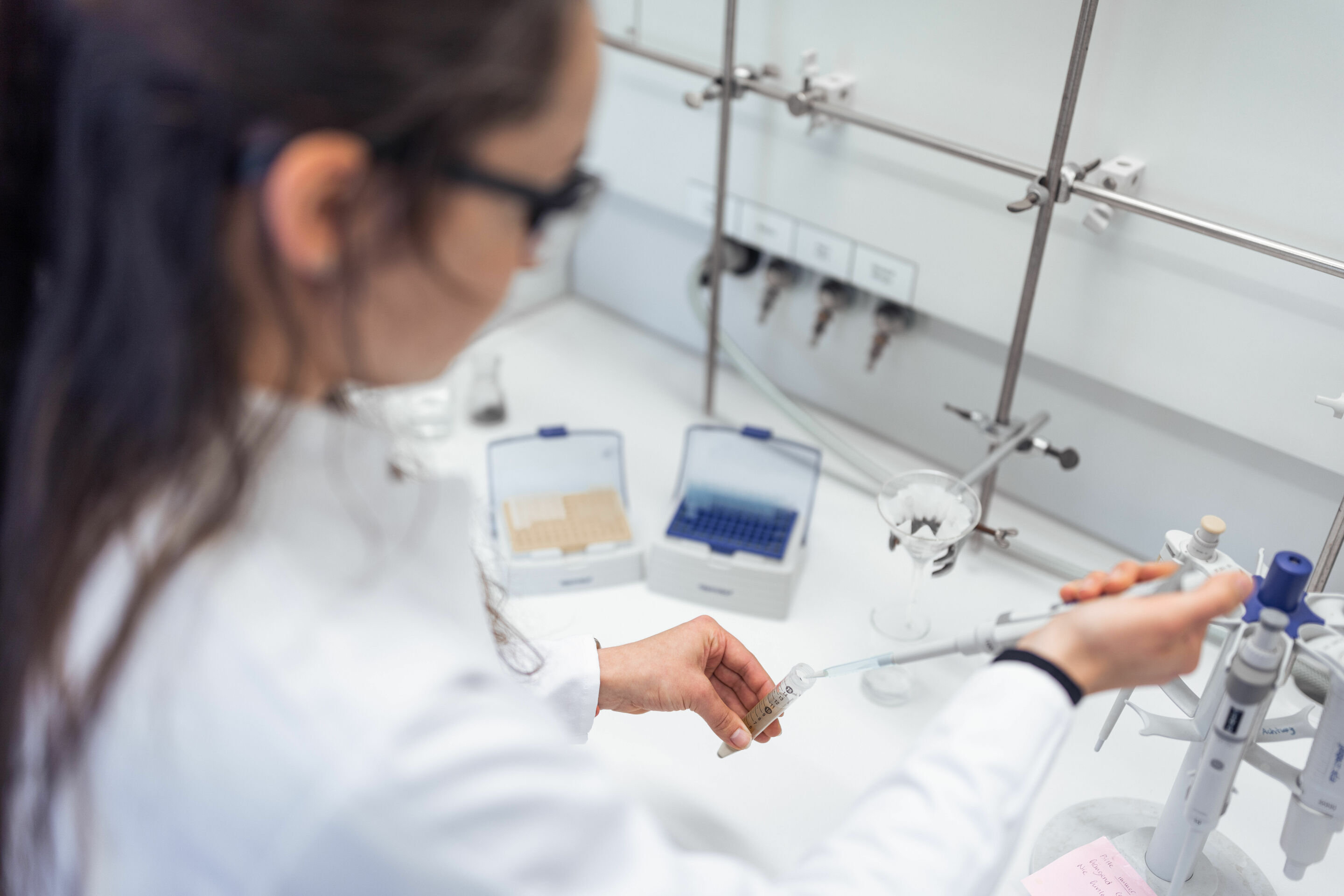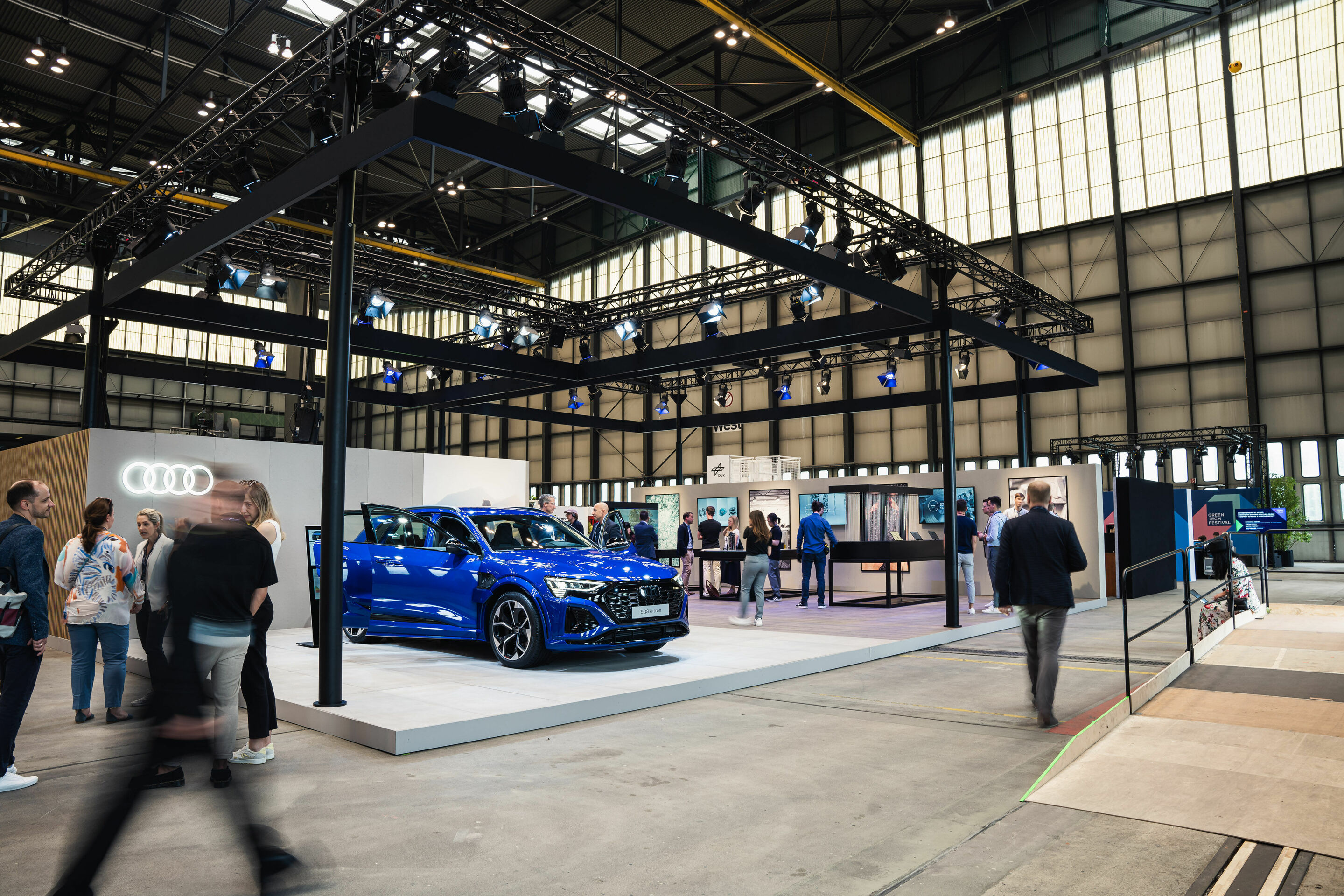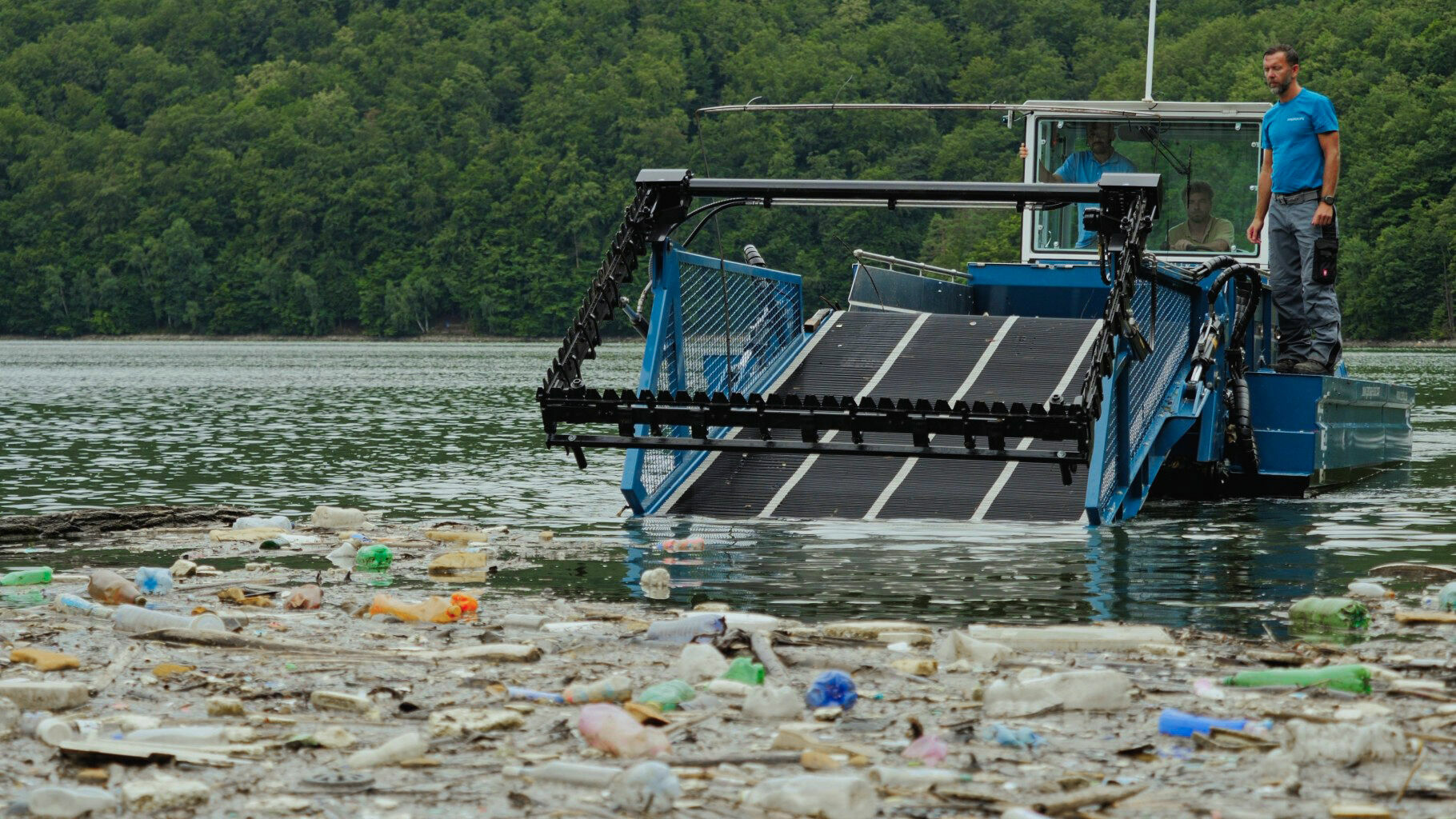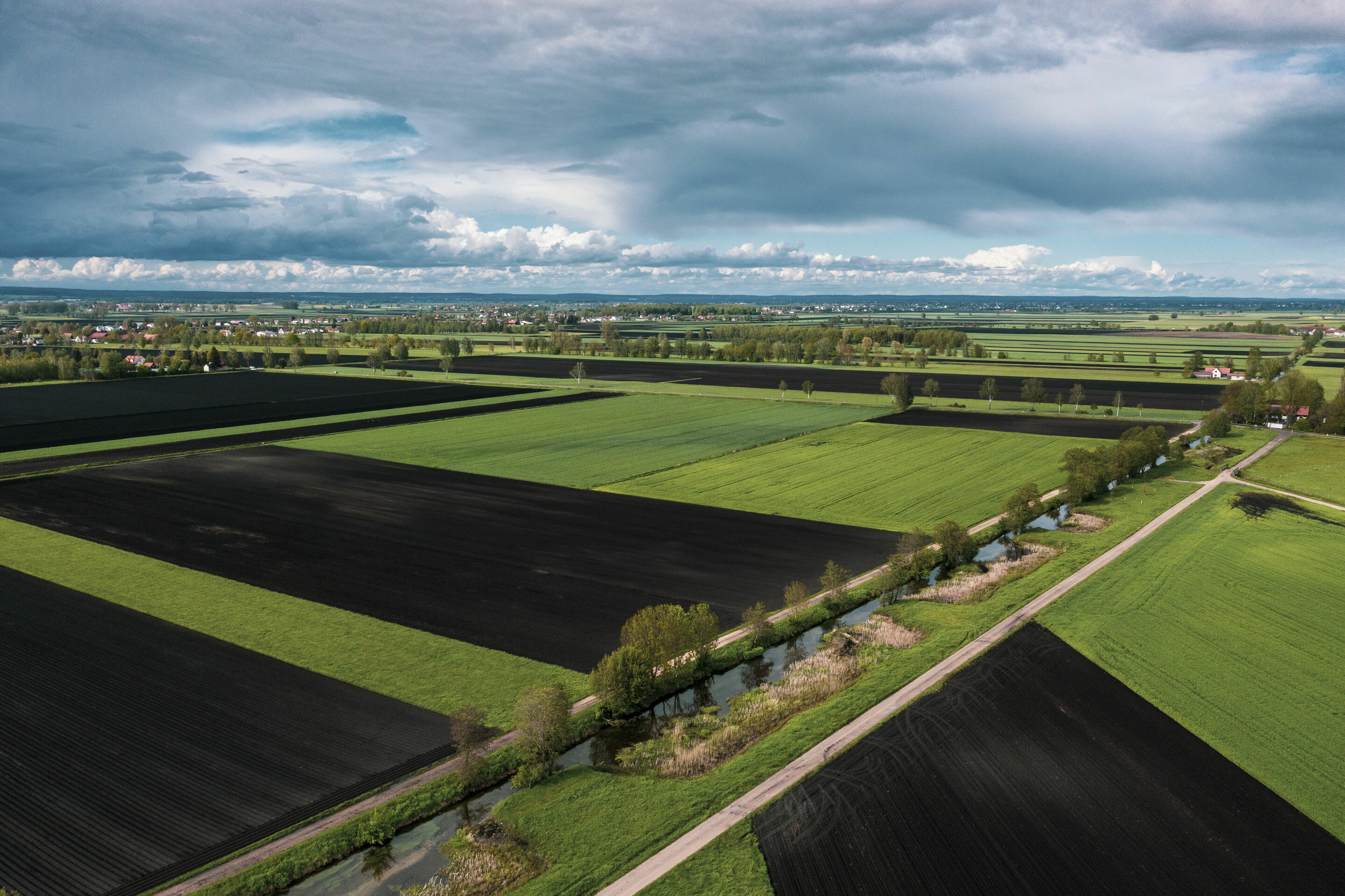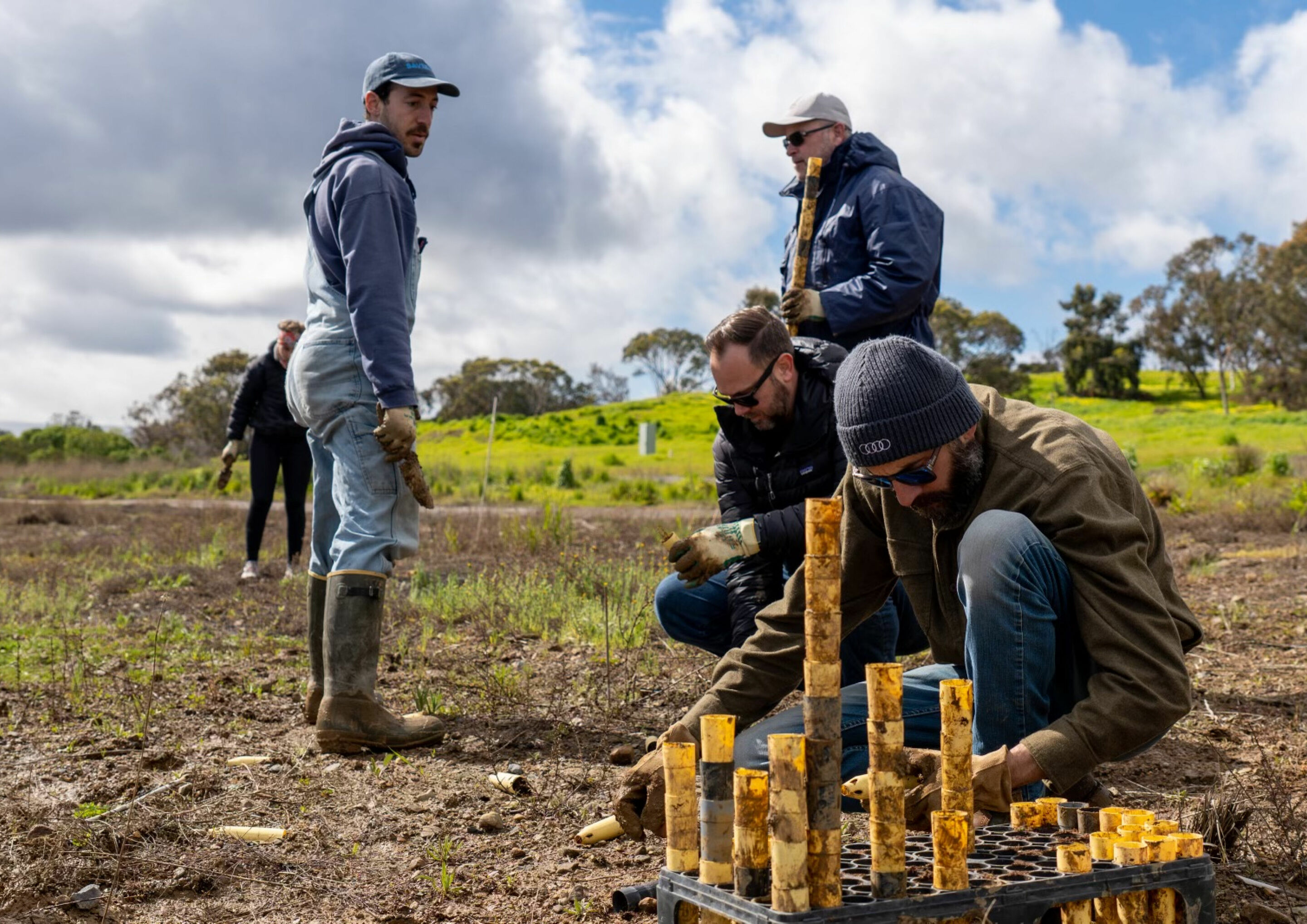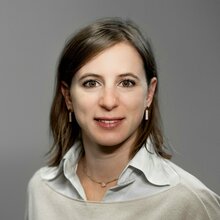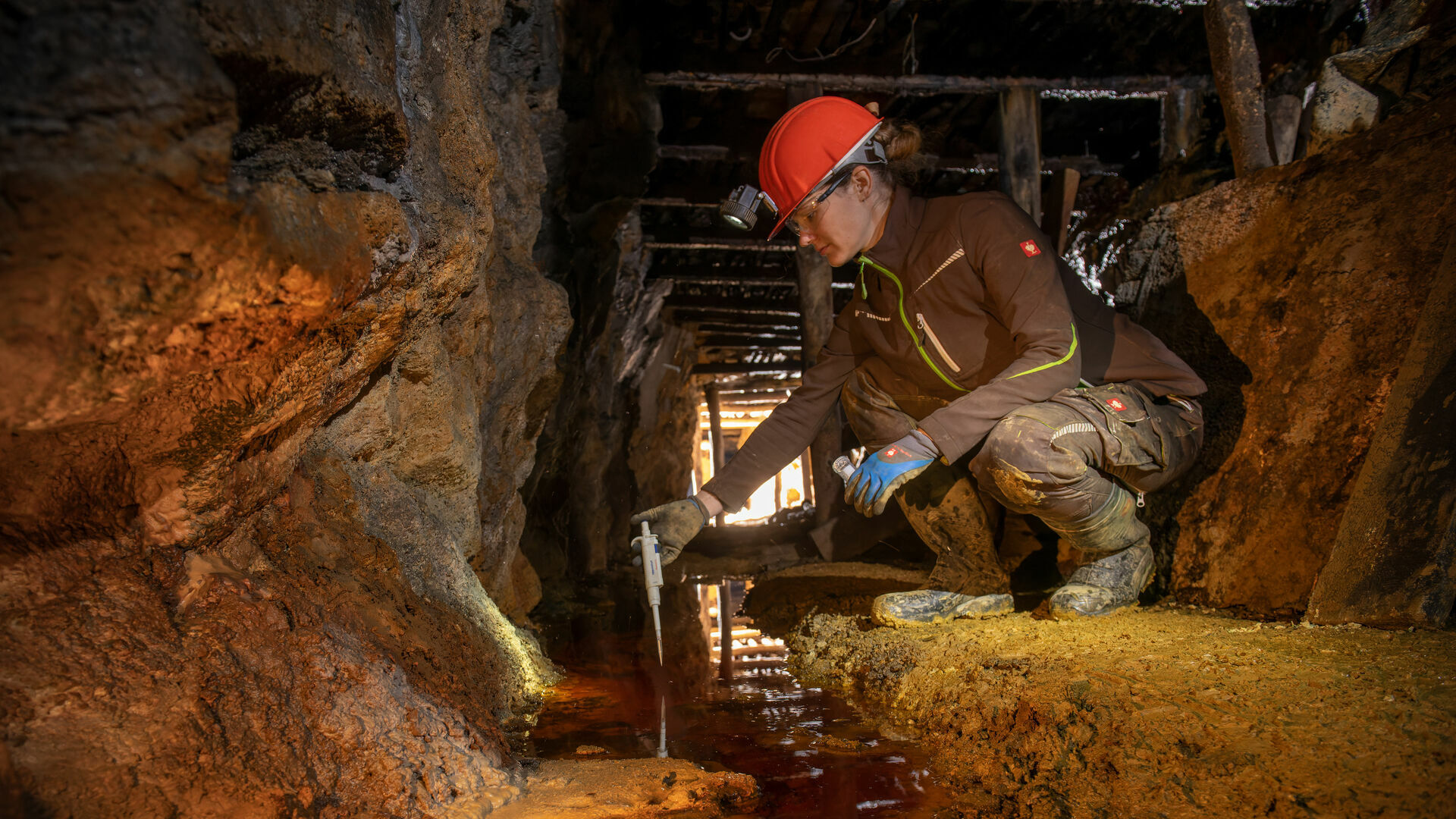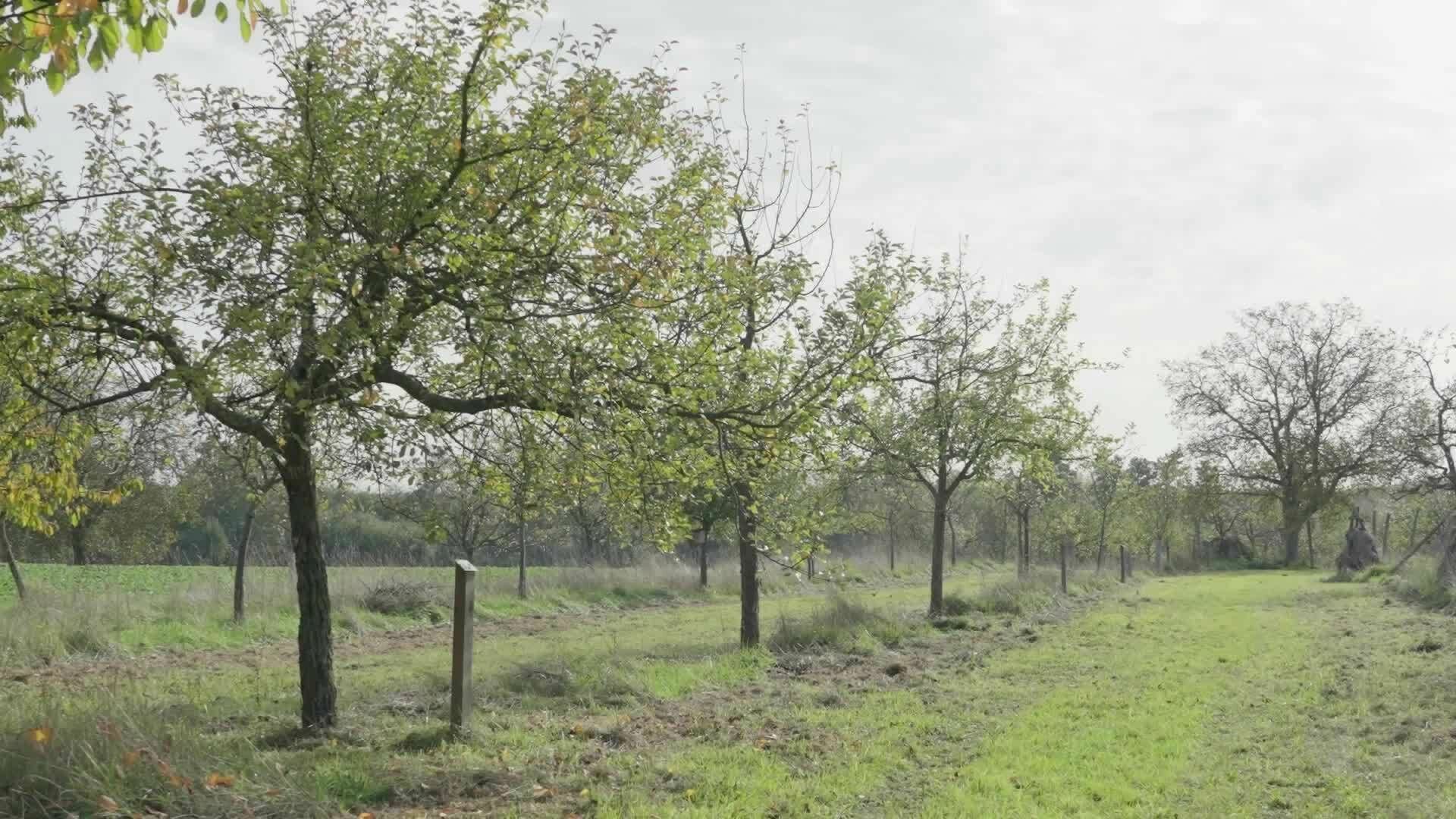Audi Environmental Foundation
The Audi Environmental Foundation: Together for a livable future
The Audi Environmental Foundation is blazing the trail for sustainable action. It focuses on supporting Greenovation (green innovation) projects, which employ innovative technologies to further the responsible use of natural resources. “We are taking Audi’s DNA to the field of environmental protection,” says Rüdiger Recknagel, Director of the Audi Environmental Foundation. The foundation instigates and promotes dialog on environmental topics. By providing practical tips and life hacks, it also aims to motivate everyone to make their own contribution to a more environmentally friendly way of life.
The Audi Environmental Foundation was established on December 1, 2009, as a wholly-owned, non-profit subsidiary of AUDI AG to advance social engagement and environmentalism. The Audi Environmental Foundation is dedicated to getting everyone involved in environmental protection. It wants to sensitize people of every age, share knowledge, and contribute to society toward a livable future. The foundation assumes social and ecological responsibility through targeted projects to give back to society and the environment. And its commitment starts on the smallest of scales, for example, by initiating plogging events. Plogging is jogging while picking up trash along the way before disposing of it properly at the end.
Greenovation: Traditional environmental protection meets new technologies
The foundation’s actions are both long-term and multifaceted. In all the projects it supports, the Audi Environmental Foundation focuses on contributing to nature, the environment, and a sustainable human–environment ecosystem. The closed-loop concept and green innovations play a central role here.
The foundation links traditional environmental protection with innovative technologies and leverages the approaches and insights gained to make a valuable open-source contribution to society.
Projects around the world and at Audi sites
Audi has planted some 100,000 pedunculate oaks at Audi sites since 2008. The trees are part of an international research project investigating, among other things, the interplay between population density, the binding potential of CO2, and species diversity. In 2022, Audi planted pedunculate oaks in another plot of land, this time in Mexico, directly adjacent to the Audi site in San José Chiapa.
URBANFILTERS against microplastics
Together with the Technical University of Berlin, the Audi Environmental Foundation has been developing a smart filter for urban runoff since September 2020.
These so-called URBANFILTERS are intended to help reduce the number of microplastics that pollute the environment through our cities’ wastewater and, ultimately, our rivers and oceans. The filter system has a modular design and uses an intelligent networking concept. It combines parameters such as traffic volume and weather forecasts with information about the deployment and routes of street-cleaning vehicles. Initial field and lab tests have demonstrated the efficiency of the system. Especially during heavy rainfall, the filters are effective in holding back microplastics in the form of plastic granules one to three millimeters in size. The team is currently optimizing the system for specific traffic conditions and making the filters easier to maintain.
Eco-friendly mining and recovering indium, gallium, and tin from household waste
The closed-loop concept also plays a significant role in Audi’s “Sustainable extraction of high-tech elements” project. Alongside the Freiberg University of Mining and Technology, the Audi Environmental Foundation is researching new means for extracting high-tech metals such as gallium, indium, and germanium, as well as the rare-earth elements essential to today’s electric mobility sector.
The project addresses the question of how to make mining more sustainable. Unlike conventional mineral extraction methods, this research project follows a micro-invasive approach to mining. Instead of large-scale blasting, the method flushes a liquid infused with certain chemicals through the tunnels. These chemical compounds ensure that the valuable raw materials are flushed into a reservoir, leaving the mountain's geology largely unaffected by human intervention.
In another joint project, the Audi Environmental Foundation and scientists from Freiberg are researching new ways of recovering raw materials through chemical recycling. A process known as selective extraction allows raw materials such as indium, gallium, and tin to be retrieved from incinerated waste. Currently, such materials are lost when the electronic parts that contain them are thrown away with household waste. The new process is designed to keep these valuable high-tech metals in the cycle.
Environmental protection done internationally
One of the Audi Environmental Foundation’s important future goals is internationalizing its projects and collaborations. To this end, it awards grants abroad, such as enabling young leaders to participate in the One Young World Summit. In addition, the foundation is increasingly promoting international environmental action, most recently with the Chesapeake Bay Foundation on the East Coast and Save the Bay on the West Coast of the United States. The “Restore our Bays” project aims to reduce coastal erosion caused by climate change.
Together with Audi do Brasil, the foundation supports the NGO Litro De Luz Brasil. Its goal is to give people in remote areas without electricity access to solar lighting. In one project in the Amazon region, several villages were equipped with solar-powered light poles and flashlights to improve the quality of life for those living there.
The collaboration continued in 2023 with the installation of lamps in coastal villages south of the Brazilian state of São Paulo. All told, more than 250 families have benefited from the collaboration.
The foundation is also involved in the fight against marine pollution. Together with the Dutch organization CLEAR RIVERS, litter traps are being installed, such as those already in place in the Brussels–Charleroi Canal,Budapest, and Rotterdam. These traps are designed to prevent plastic waste from reaching the sea in the first place. An additional litter trap is planned for the Mekong River in Vietnam, one of the most polluted rivers in the world.
Giving batteries a second life
The German–Indian start-up Nunam, funded by the Audi Environmental Foundation, turns used batteries into mobile energy storage units. Nunam buys discarded laptop batteries from scrap dealers in the Indian state of Karnataka and uses the battery cells for stationary energy storage systems. These power banks can be used to power low-consumption devices such as smartphones or lights. Nunam has also assembled a solar nano-grid from used Audi e-tron battery modules from test vehicles. The system supplies merchants in the Indian state of Uttar Pradesh with the electricity they need to work at night. In this way, batteries are given a “second life” before being recycled in keeping with the closed-loop concept. The goal is to supply rural areas of India, in particular, with green power and expand the project toward mobility concepts based on second-life battery modules. One pilot project aims to introduce electric rickshaws that run on green electricity to the streets of India and recharge them at a charging station made with former e-tron batteries.
About the Audi Environmental Foundation
The Audi Environmental Foundation is an active supporter of research into new technologies and scientific methods for a livable future. Its stated mission is to help protect the environment and to create and promote ways to act sustainably. The foundation particularly focuses on advancing and developing environmentally friendly technologies, environmental education programs, and efforts to protect the natural foundations of human, animal, and plant life. It was founded in 2009 by AUDI AG as a wholly owned subsidiary and is part of the company’s work in support of social and environmental causes
As of: March 2024
MediaInfos

Rüdiger Recknagel
Head of Environmental Protection for the Audi Group and Managing Director of the Audi Environmental Foundation GmbH (Audi Stiftung für Umwelt GmbH)
